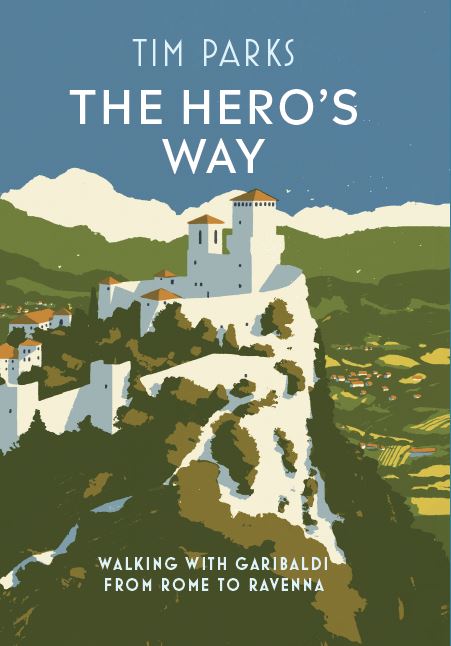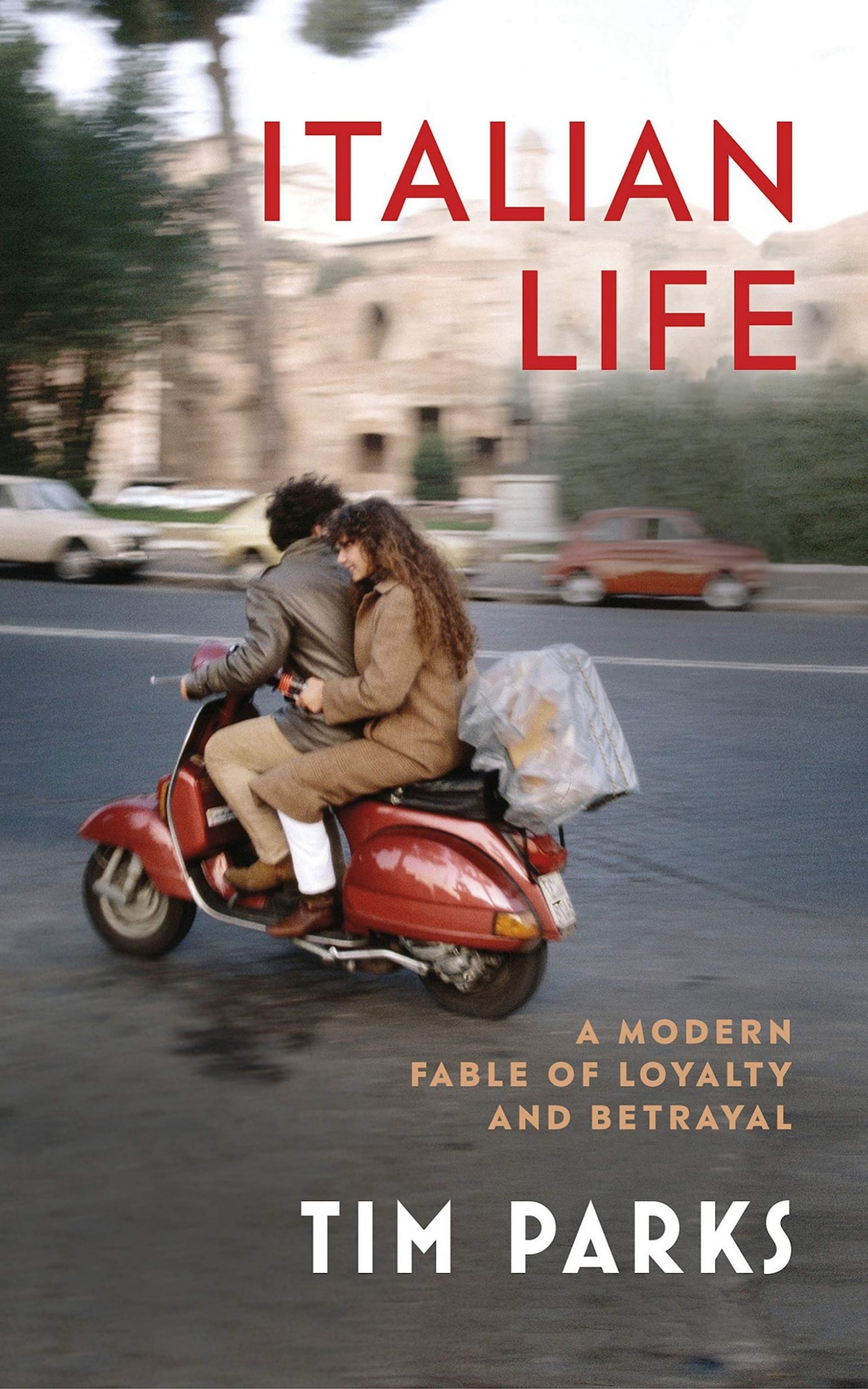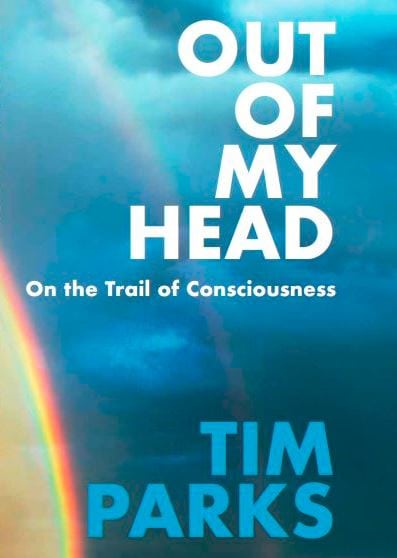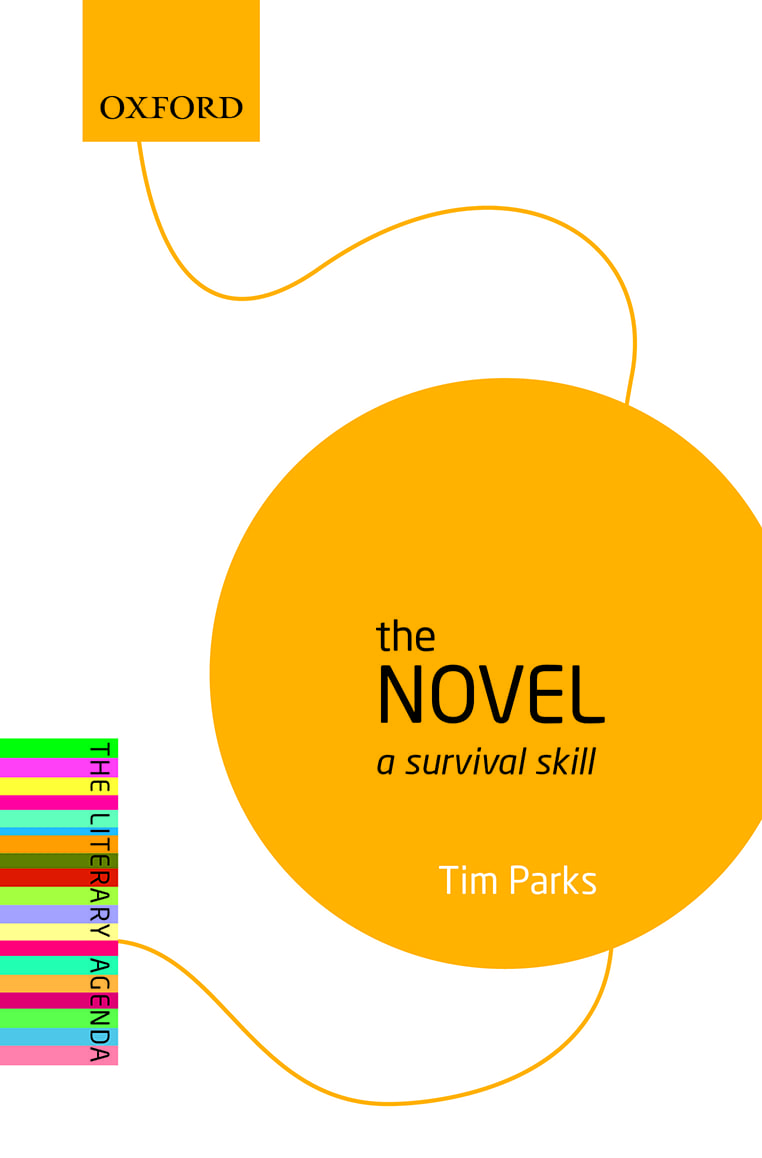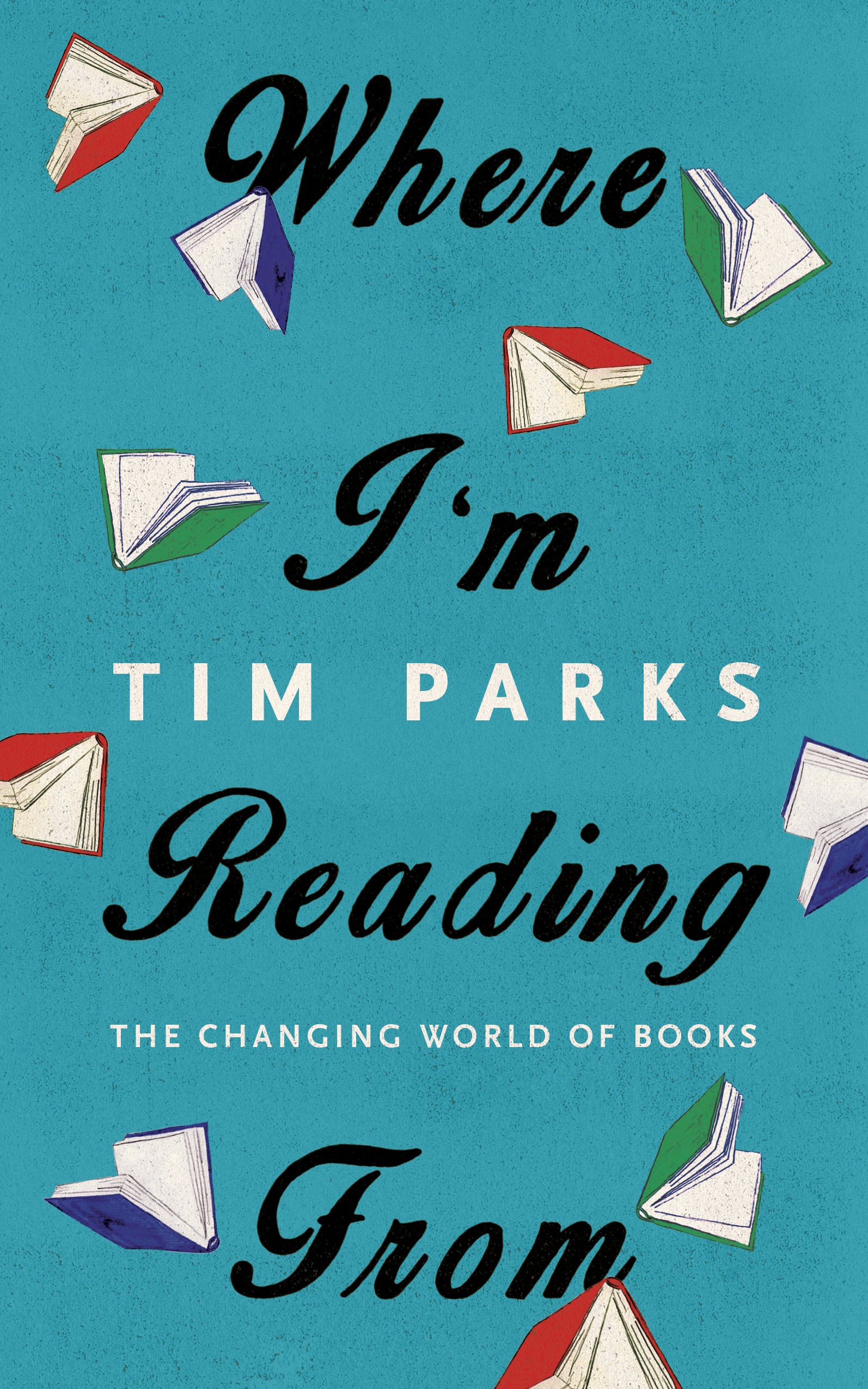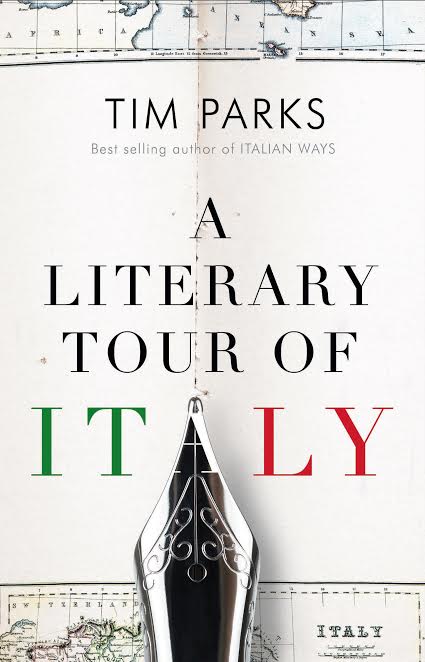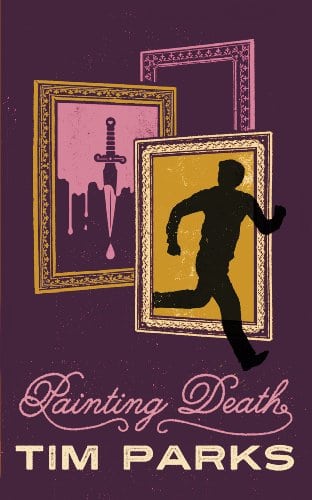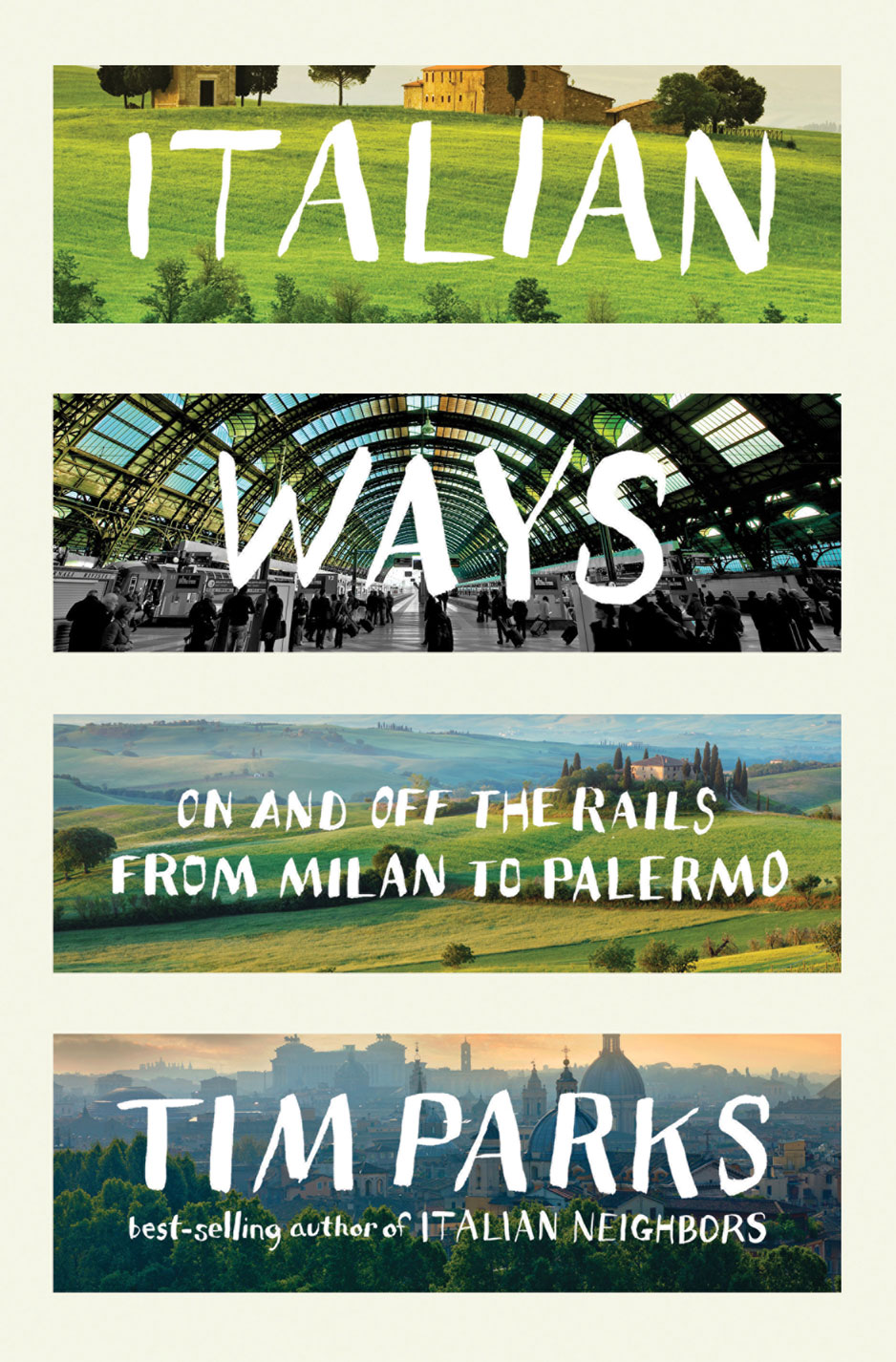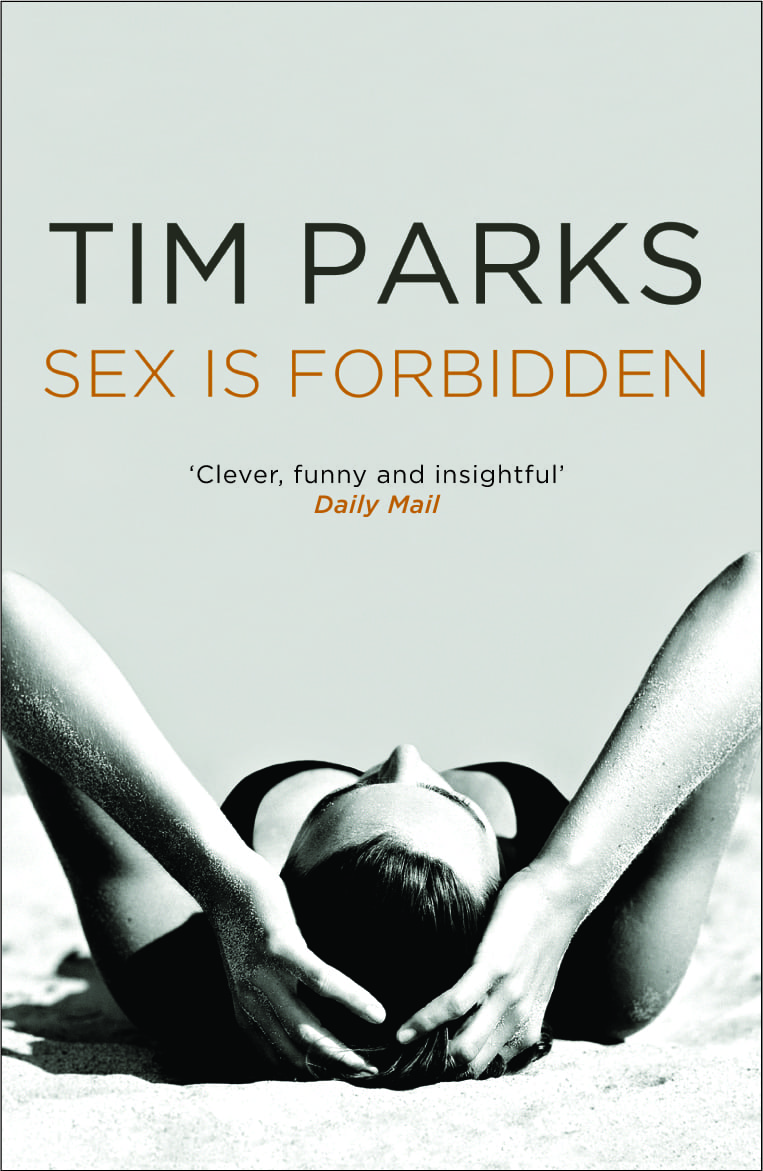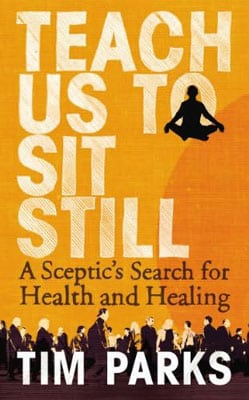Pricks and Kicks
New York Review of Books, 5 November, 1998
By Gabriele Annan
Europa is a virtuoso tragicomic tour de force, very funny, with quirky, appealing characters, an unpredictable story, and a shocking denouement. Stream-of-consciousness embraces philosophical reflection and running – no, galloping – commentary. Details of behavior and environment are, pungently, observed as they race by, and Parks’s mimicry can compete for accuracy and comicality with the very best stand-up comedians – Woody Allen, say. Jerry isn’t Jewish, but like Allen he is a schlemiel with too much brain and self-awareness for his own good.
The sentences of his inner monologue go on for entire paragraphs and the longest paragraphs can tumble on for pages. Yelps of recognition, dismay, pain, rage, and urgent sexual need bob along on the torrent. It’s like rafting down the Upper Rhine – except that such metaphors are off limits because at the heart of this novel is a polemic against cliché, with special reference to the sanctimonious new clichés of European Union- consociativismo, for instance, a loathsome Italian coinage for ‘the sad glue that keeps couples and countries and coach parties together’. Or even worse, ‘United Colors of Benetton.’ Actually, the topical clichés of Europe merely reflect the cliché-ridden condition of mankind as a whole.
The tempo of Park’s prose mimics the journey of a chartered bus across the Alps with its endemic torture of piped music, piped video and ‘the strong and nauseating smell of plastics and synthetic upholstery.’ It begins when Jerry joins a delegation of foreign-language teachers and students from Milan University. They travel overnight to Strasbourg to protest to the European Parliament about Italy’s discrimination against foreign ‘lectors’ or instructors, who don’t have tenure, whereas their Italian colleagues do. Jerry has no interest in the cause. He has always seen this job…as a mere stepping-stone, a sensible way-station, an income to tide me over, while I picked up my ticket to somewhere else (until, like my marriage, it became a desert island, a place of loathed and ultimately terrifying convenience), if I lose my job, I will have lost the last element in life, after wife and daughter and mistress that gave me any sense of role and identity.
Jerry feels no guilt about leaving his wife with that cruel explanation that he found her repulsive. He loves his daughter, whose eighteenth birthday coincides with the expedition to Strasbourg and makes him feel guilty about missing her party; his mistress left him two years ago. Still, there he is, with his beady eye on his fellow passengers. All but two of the students are girls, mostly very young, naive and touchingly well-intentioned, as well as sexually desirable. They have been collectively christened ‘totties’ by Jerry’s crude and lecherous English colleague Colin, who makes relentless passes at them and draws Jerry into some deplorable ‘tottie-talk’.
Jerry is there because of his former mistress, a French lector and a leading spirit in the delegation – desirable, enormously sexy, intelligent, ambitious, and a Euro-prig. Their affair ended when Jerry hit her after discovering that she was two-timing him with a German lector named Georg. She defended her infidelity on the grounds that Georg was having a grim time looking after his little boy while his wife lay incurably sick in the hospital; going to bed with him was part of ‘the mosaic of friendship’ (a prize priggish cliché) and it was immature of Jerry to object. Jerry has been pretending that he has got over her, but he knows he hasn’t and ‘that the very instant I took this decision was also the instant I recognized and recognized that I had always recognized that coming on this trip was one of those mistakes I was made to make.’
Until the last sentence in the book, Jerry never names his former lover.
If I never say her name, although I think of little else but her, it is partly because that name is still so powerful that its very articulation causes an emotional seizure, an immediate tension that I feel physically, but also and perhaps more importantly, because by never saying it I keep it that way, I prolong its power, I prevent its dilution in repetition, the way a word like Europe has been diluted into thin air with all the times everybody says Europe this and Euro that, though once it was the name of a girl a god became a bull to rape and half the heroes hoped to find.





